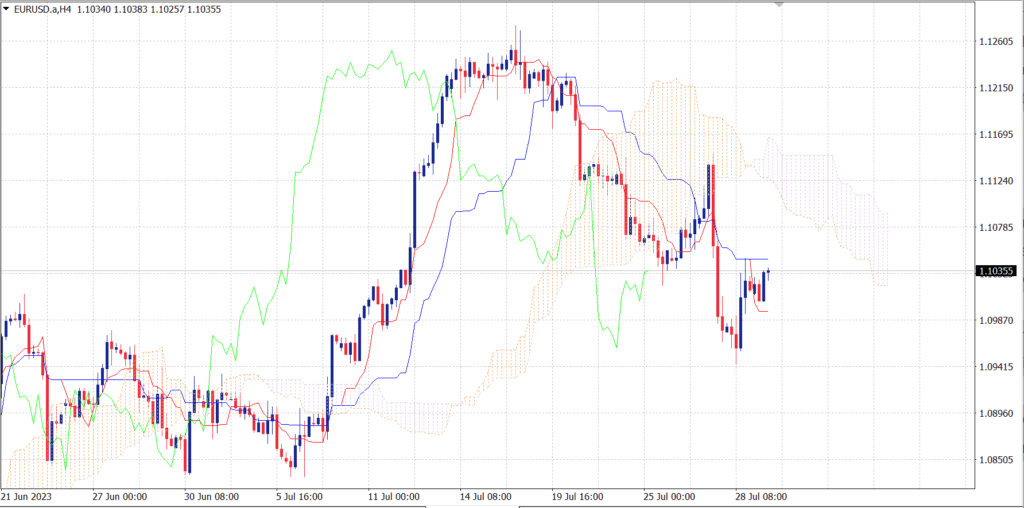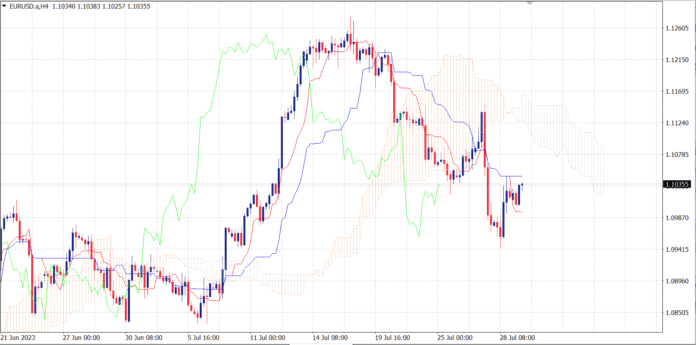Welcome to our blog, where we explore a fascinating concept in financial markets – the Efficient Market Hypothesis (EMH). This theory asserts that all available information is immediately and accurately reflected in an asset’s price. Let’s delve into the EMH and understand its implications for traders and investors.
Understanding the Efficient Market Hypothesis (EMH):
The Efficient Market Hypothesis, proposed by economist Eugene Fama in the 1960s, suggests that financial markets are “informationally efficient.” This means that at any given time, the current market price of an asset, such as a stock, bond, or currency pair in forex, fully reflects all publicly available information relevant to that asset. This information could include financial statements, economic indicators, news, and even investor sentiment.
According to the EMH, it is impossible for an investor or trader to consistently outperform the market by making well-timed trades or exploiting mispriced assets because all relevant information is already factored into the asset’s price. In essence, the market is highly efficient in processing information and quickly adjusting prices accordingly.

Three Forms of the Efficient Market Hypothesis:
- Weak Form EMH: This form posits that all past price and volume information is already reflected in the current price. Therefore, technical analysis, which relies solely on historical price data, cannot consistently predict future price movements.
- Semi-Strong Form EMH: In this form, all publicly available information, including both past price data and other non-confidential information (e.g., news, economic data), is incorporated into prices. As a result, fundamental analysis, which involves analyzing financial statements and economic indicators, is also unable to yield consistent profits.
- Strong Form EMH: This version goes a step further, suggesting that all information, both public and private, is fully reflected in asset prices. This means that even insider information cannot be used to gain an edge in trading.
Implications for Traders and Investors:
- Active vs. Passive Investing: EMH has significant implications for investment strategies. Investors subscribing to the EMH are more likely to adopt a passive investing approach, such as index investing or ETFs, as they believe that consistently beating the market through active trading is improbable.
- Behavioral Finance: While the EMH assumes rational behavior by market participants, behavioral finance research highlights that human emotions and biases can influence decision-making and create market inefficiencies.
- Information Advantage: Critics of the EMH argue that certain market participants, such as institutional investors with access to sophisticated tools and data, may still possess an information advantage.
Conclusion:
The Efficient Market Hypothesis has been a subject of extensive debate in the world of finance. While it offers a compelling framework for understanding market efficiency, real-world market dynamics can be more complex. It’s essential for traders and investors to remain open to various perspectives, combining both fundamental and technical analysis, while understanding the impact of market sentiment and behavioral biases.
Remember that markets are constantly evolving, and no single theory can fully capture their complexities. Stay informed, keep learning, and apply a disciplined approach to achieve your financial goals in the exciting world of trading and investing!







